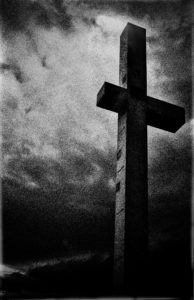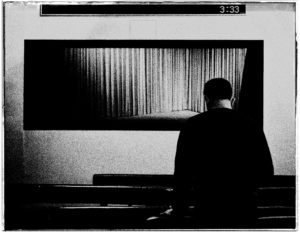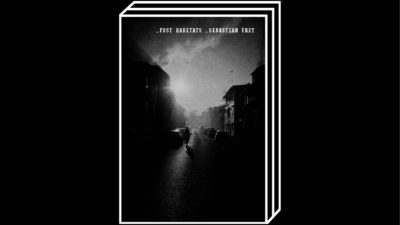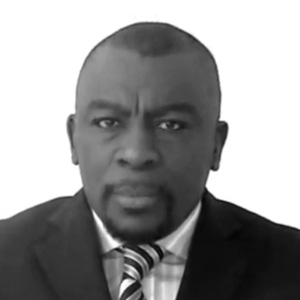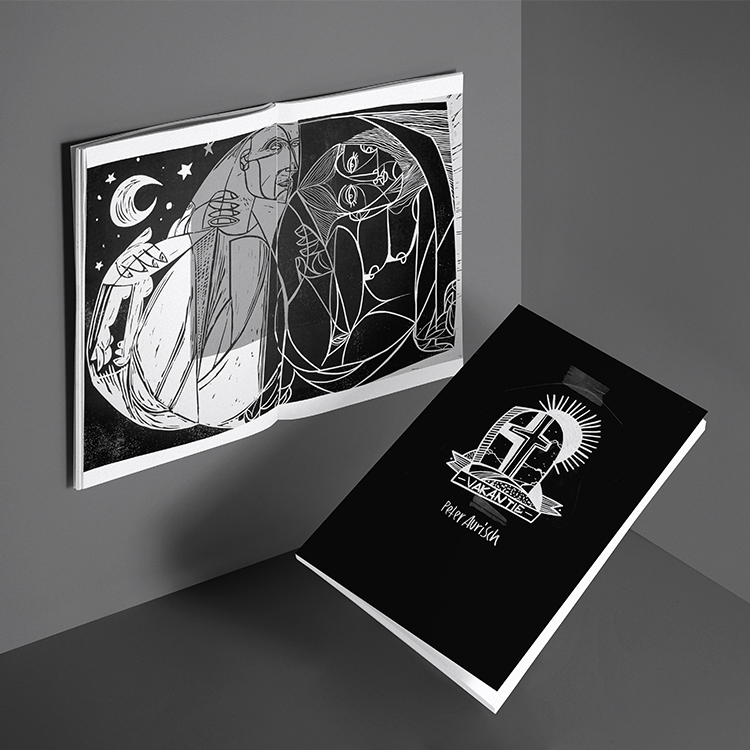
Tattoo artist Peter Aurisch for 100FOR10
Based in a quiet undisclosed studio a short train ride outside of downtown Berlin, artist Peter Aurisch creates some of the most original tattoos in the city —and berlin is a place with 2,000 estimated tattoo artists!


